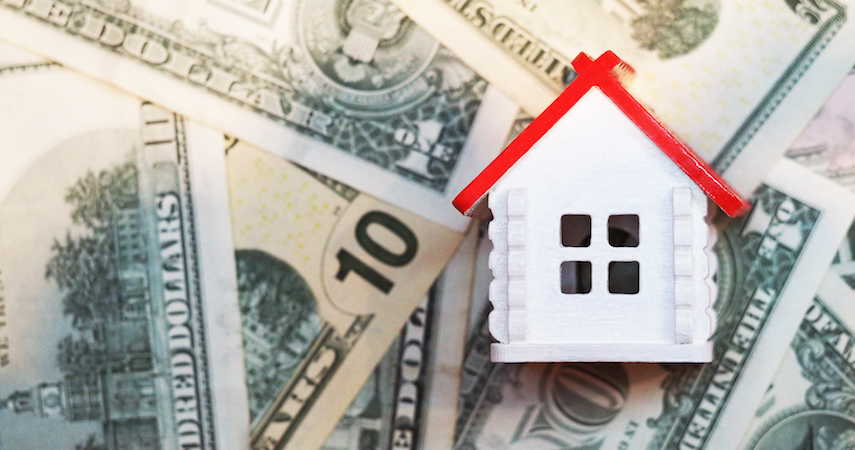COVID-19 and the Real Estate Market: Questions and Answers

As businesses across the nation and around the world close or lower production in an effort to combat the spread of COVID-19, the economy has slowed and many wonder about the effects of a recession, especially the effects on the housing market. We’ve answered a few key questions you may be having about the housing market after COVID-19.
The Housing Market Post COVID-19: Questions and Answers
Are we facing a recession like 2008-2009?
Overall, we are in a health crisis that is pulling our economy into a mild recession. Our underlying economy entering this period was strong, and the fundamentals remain so. By contrast, the recession of 2008 and 2009 occurred due in part to real estate cycles, but mostly due to weak fundamental rules underpinning the loan market and real estate market. It’s important to remember that, though recessions may appear the same at first, the things that have caused them have a notable impact on how long they last, and how dramatic the effects are.
Why is this different from the Great Recession beginning in 2008-2009?
One of the key differences between the previous Great Recession and the current recession caused by COVID-19 is price appreciation and interest rates. Prior to the Great Recession, price appreciation was often double or triple the appreciation we’ve seen in recent years. Interest rates were above 6%, but appreciation often exceeded 11% annually. In addition, home equity from cash-out refinancing was used carelessly to finance expensive lifestyles and housing speculation. This led to wild speculation on housing investments, creating instability in the market. Today, interest rates are expected to remain sub-4%, price appreciation is stable, and refinancing rules have been tightened. This makes the housing market and the economy in general more stable at this time.
Another key difference between the Great Recession and the current situation is lending standards. Lending standards today are tighter. Remember “Liar Loans” of 2008-2009? Mortgage credit at that time was very easy to obtain. At a conference in Las Vegas in 2008, a hot spot in housing speculation, and the President of Wells Fargo Mortgage shared a story about riding up in an elevator with a bellman who noticed his baggage tag. The bellman thanked him for financing his six investment properties. At that moment he knew there was a problem. Today, this type of speculation is not happening, and homeowners generally live in the homes they own today. As businesses lay off workers or shrink their workforce during COVID-19, the FFederal Housing Finance Agency (FHFA) has offered temporary relief and assistance to mortgage holders, in order to reduce the number of foreclosures.
What will happen to home sales?
Housing is not to blame for the COVID-19 recession, and in fact it will play a part in pulling the economy out of this recession. We expect a recovery in late summer, with pent-up demand creating a spring market in the fall.
Our practices and processes will change to support the market, including both the use of technology and how houses are shown and marketed. The size, type, and features of homes most desired may change. What this new normal will look like is yet to be seen, but the desire for home ownership will remain a constant.
What will happen to home prices?
In 2008-2009, there was an oversupply of homes which contributed to a collapse in prices. Today, we are far short of inventory required to meet demand. Absorption rate in middle price points is less than one month. This will support stable, if not rising, prices at most price points, with the exception of the luxury market. The absorption rate for homes $500,000 and above is almost 8 months.
The real estate market in America, and the local real estate market in Michigan, was healthy prior to the outbreak of COVID-19, and still is. Though complete recovery may take some time, loans and mortgage markets remain stable, homeownership is still desirable, and homebuyers will continue to enter the market.

